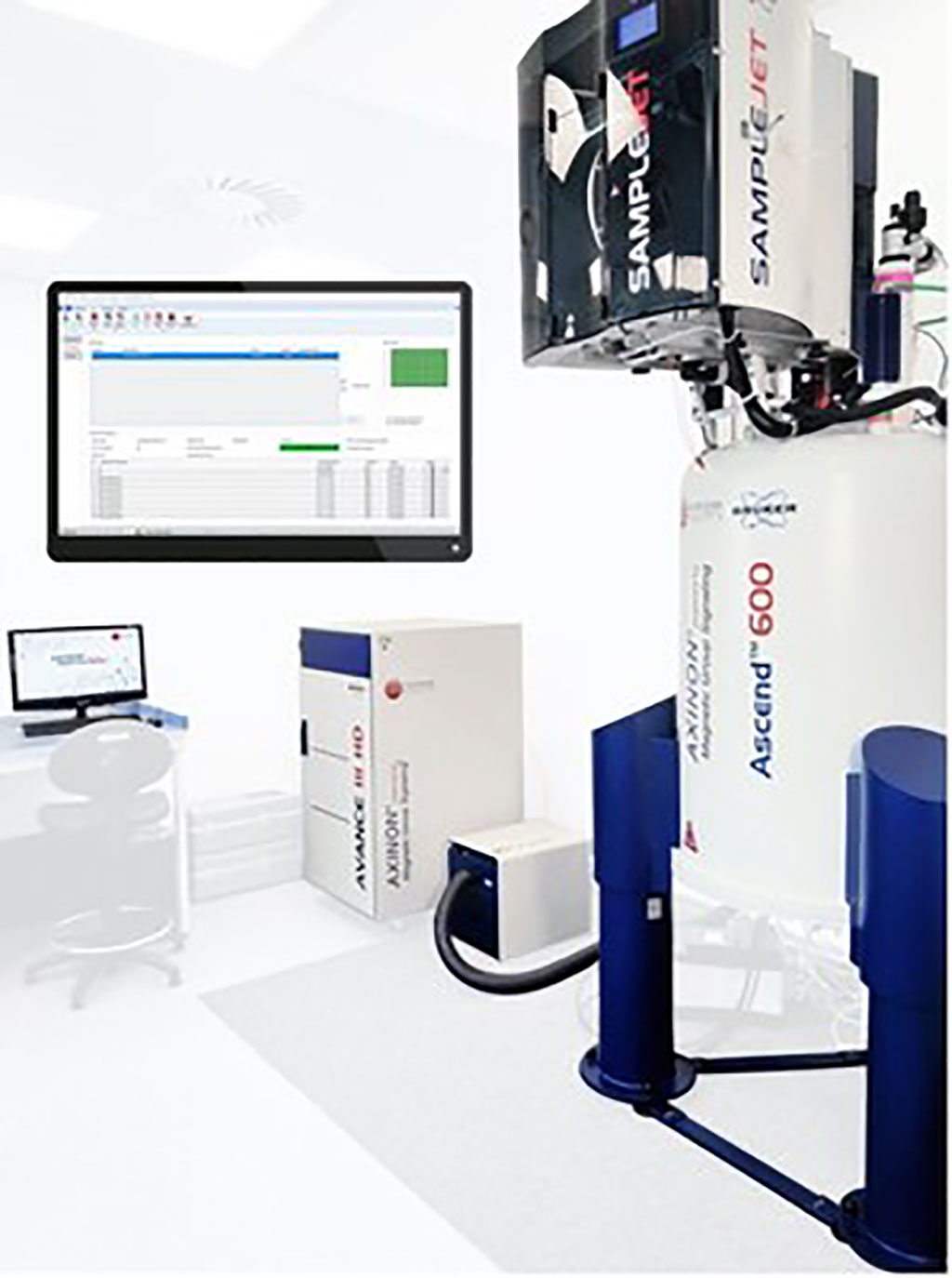AI-Enabled Diagnostic Testing Could Become More Accurate and Reliable than Current Tests
Posted on 08 Nov 2022
An expanded collaboration between two industry leaders will pave the way for the development of AI-enabled diagnostic testing that is more accurate and reliable than current U.S. tests for patients with chronic diseases, including kidney, cardiovascular, liver and neurologic conditions.
The expanded collaboration builds on Mayo Clinic’s (Rochester, MN, USA) clinical research support for Numares Health (Regensburg, Germany) to include an innovative convertible equity investment. Numares is a health care company using AI-enabled technology to develop novel diagnostic tests designed to give physicians a better tool to care for their patients with conditions related to metabolic dysfunction, such as chronic kidney, liver and cardiac diseases. These assessments also may allow for early intervention to slow disease progression. Enabled by machine learning, this innovative testing modality being researched uses distinct and transparent algorithms combining multiple biomarkers to measure disease progression more accurately in patients with chronic diseases.

Numares develops advanced tests to aid in diagnosis and measurement of disease progression by applying machine learning to metabolomics and other biomarkers. The company has developed the AXINON System that uses next-generation nuclear magnetic resonance spectroscopy to evaluate metabolic constellations and a proprietary magnetic group signaling (MGS) technology that enables the spectroscopy. Two Numares tests are expected to gain FDA 510(k) approval early next year, one assessing kidney function (AXINON GFR(NMR) test) and one measuring cardiac risk (AXINON lipoFIT test).
"The expanded research collaboration and financial investment in Numares will help us further understand this new and potentially disruptive test modality, develop new diagnostic tests and enable Mayo Clinic to better serve our patients and physicians," said Dr. Allan Jaffe, a cardiologist and the former chair of Mayo Clinic's division of clinical core laboratory services in the department of laboratory medicine and pathology.
"This significant expansion of our long-standing collaboration with Mayo Clinic has brought us one step closer to our shared goal of improving patient care," said Winton Gibbons, Numares chief executive officer. "The new investment accelerates our development pipeline and drives research collaborations that fulfill critical unmet medical needs with new clinical utility. With the additional investment, we've enhanced our ability to target our focus on delivering this patient care technology to U.S. physicians as an improved diagnostic tool for their use."
Related Links:
Mayo Clinic
Numares Health













